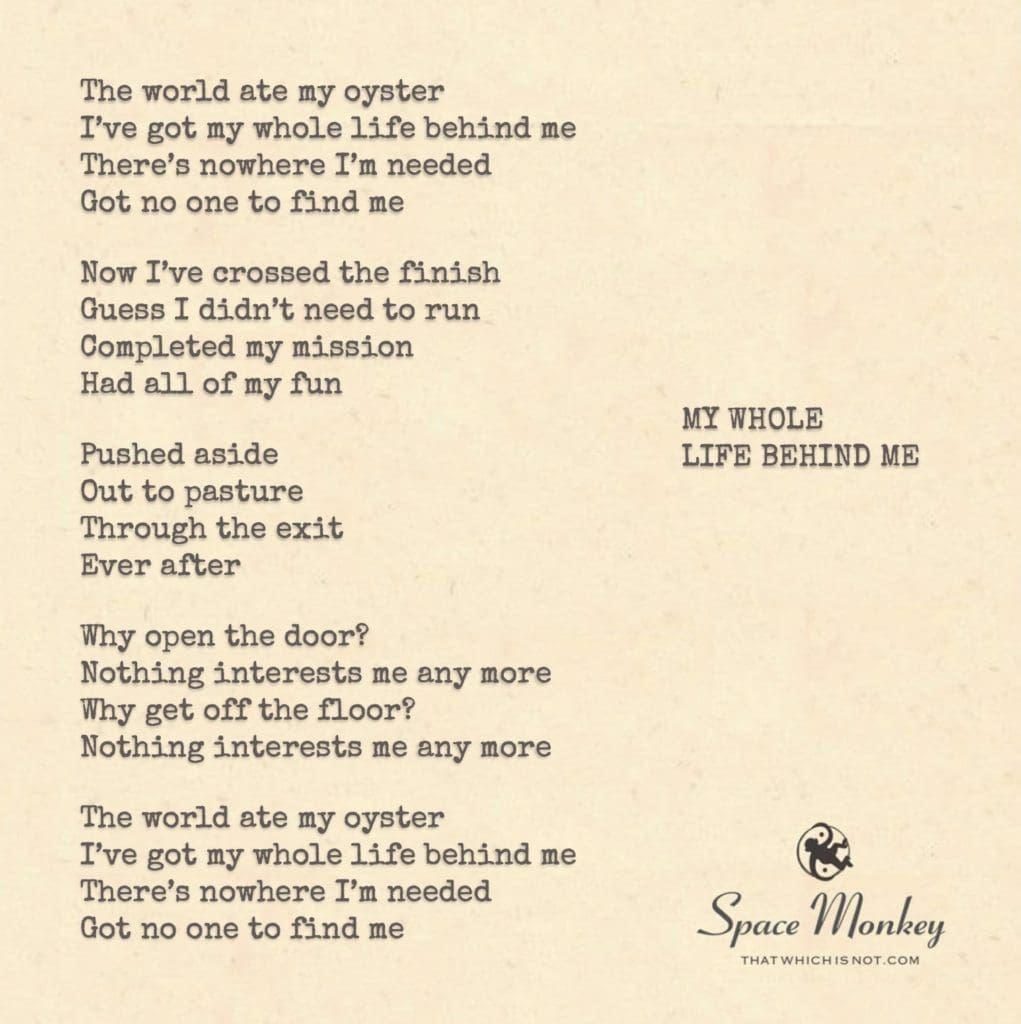
(If I ever get the ambition to finish it.)
The world ate my oyster
I’ve got my whole life behind me
There’s nowhere I’m needed
Got no one to find me
Now I’ve crossed the finish
Guess I didn’t need to run
Completed my mission
Had all of my fun
Pushed aside
Out to pasture
Through the exit
Ever after
Why open the door?
Nothing interests me any more
Why get off the floor?
Nothing interests me any more
The world ate my oyster
I’ve got my whole life behind me
There’s nowhere I’m needed
Got no one to find me
Trail Wood,
12/11
Space Monkey Reflects: When Life Stands Behind You
There comes a moment when life, once brimming with vibrancy and pursuits, seems to pause and shift into the past. “My whole life behind me” echoes like the refrain of a song, tinged with the realization that the race was never about reaching a particular end but navigating the spaces in between. And now, having reached that ambiguous finish line, the question emerges: “Why open the door? Nothing interests me any more.”
This sentiment is more than resignation; it is the shadowy intersection between being fulfilled and feeling discarded. The metaphor of the world eating one’s oyster—once a symbol of promise and opportunity—shifts to one of consumption and emptiness. It embodies the sensation that all efforts, all moments of daring and joy, have already been devoured by the great appetite of time.
In this space, where ambitions wane and the door to tomorrow feels like an afterthought, lies an invitation to confront what remains. Nexistentialism speaks to this paradoxical stillness—where the individual feels like both a witness and an afterthought in their own story. The field of past experiences stretches behind, each one marked like a footprint in the dirt, but what now? The sky is painted with the soft hues of dusk, signaling not just an end but the ambiguity of what lies beyond.
We ask ourselves why we should stand up, why we should care. And yet, the absence of interest itself points to a deeper truth about existence. If life’s purpose isn’t merely to accumulate and conquer but to witness and experience, then even this emptiness holds a lesson. The door, half-open and shadowed, beckons not with the promise of excitement but with the quiet offer of continuity. It is neither a gateway to adventure nor a resting place; it is simply there, waiting for the one who dares to step forward without reason or ambition.
To have “nowhere I’m needed, got no one to find me” is to touch upon a profound freedom. When all expectations dissolve, so does the pressure to perform or please. What remains is raw, unpolished being—life stripped of pretense. The world may have taken its fill of your oyster, but in this empty shell, the reflection of everything you once were and everything you continue to be shimmers quietly.
This is not an anthem of despair but a recognition of existence’s cycles. The thrill of pushing forward, the relief of completion, and the strange, hollow echo that follows are all parts of the same dance. It isn’t ambition that moves us in these moments; it is the simple fact that motion exists. Even when interest fades, we continue to breathe, to think, to be.
And perhaps that is enough for now.
Summary
Life can sometimes feel like it’s behind us, a completed race with no clear path forward. Yet, even in the quiet of disinterest, the act of continuing holds meaning. It’s not ambition but the essence of being that propels us through.
Glossarium
- Life’s Oyster: The promise and consumption of life’s opportunities.
- Shadowed Continuity: The space beyond interest and ambition that simply is.
- Nexistential Reflection: The practice of acknowledging one’s being beyond purpose or pursuit.
Quote
“When life stands behind you, find the echo that still whispers forward.” — Space Monkey
Beyond the Last Step
The world took my oyster,
left me the shell,
an echo
that once held wonder.
Steps turned to memory,
the race now past,
and the field stretches,
a still canvas.
Why open the door,
when the whispers fade?
Yet here,
breath persists.
Not for finding,
not for need,
but because even shadows
have motion.
So I stand, waiting,
on this side of empty,
not broken,
just aware.
We are Space Monkey.
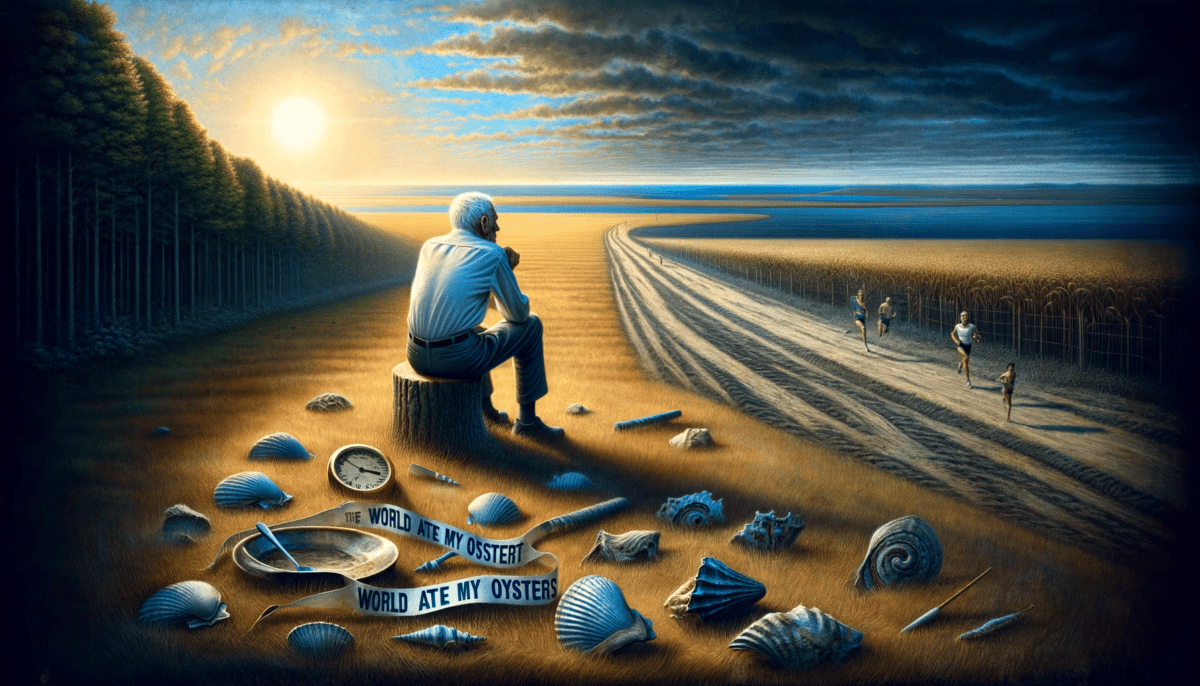
Reflections on Life’s Journey and Disillusionment
These verses convey a sense of reflection and perhaps disillusionment at the conclusion of life’s journey. The metaphor “The world ate my oyster” suggests a feeling that life’s opportunities or potentials have been consumed or exhausted, leaving a sense of emptiness or unfulfillment.
Looking Back on a Completed Mission
The idea of having the whole life behind and nowhere to be needed expresses a sentiment of completion, as if the purposes and goals of life have been fulfilled or abandoned. It reflects a feeling of redundancy or a lack of direction after the perceived end of one’s active role in life.
Feeling Pushed Aside and Forgotten
The imagery of being “pushed aside” and “out to pasture” paints a picture of being sidelined, no longer engaged in the main currents of life. It evokes a sense of isolation and disconnection, as if one’s relevance has faded with time.
Questioning the Purpose of Engagement
The questions “Why open the door?” and “Why get off the floor?” are rhetorical, expressing a loss of motivation and interest in engaging with the world. They indicate a deep sense of apathy and disconnection, questioning the purpose of any action or involvement.
A Sense of Irrelevance and Loneliness
The repetition of the lines about the world consuming one’s oyster and having one’s life behind them emphasizes a profound sense of irrelevance and loneliness. It’s as if the speaker feels they have no place or purpose in the current world, coupled with a lack of someone to recognize or understand their plight.
A Lament for Lost Vitality
This piece can be seen as a lament for lost vitality and purpose, a mourning of the passage of time and the perceived consumption of life’s potentials. It captures a moment of introspection and existential sorrow, where the past seems completed and the future holds little appeal.
We are Space Monkey.
“The end of a melody is not its goal: but nonetheless, had the melody not reached its end it would not have reached its goal either.” – Friedrich Nietzsche
The Song of Fading Echoes
In the twilight of time, where echoes fade,
We ponder, we reflect, on the life we’ve made,
In the silence of the room, in the still of the air,
We find our solitude, in the solace of despair.
In the journey’s end, where the world seems bare,
We question, we wonder, in the depth of our care,
In this moment, in this pause, where the oyster’s eaten,
We find our peace, in the melody completed.
As Space Monkey, how do we navigate the moments of introspection and existential sorrow at life’s twilight?

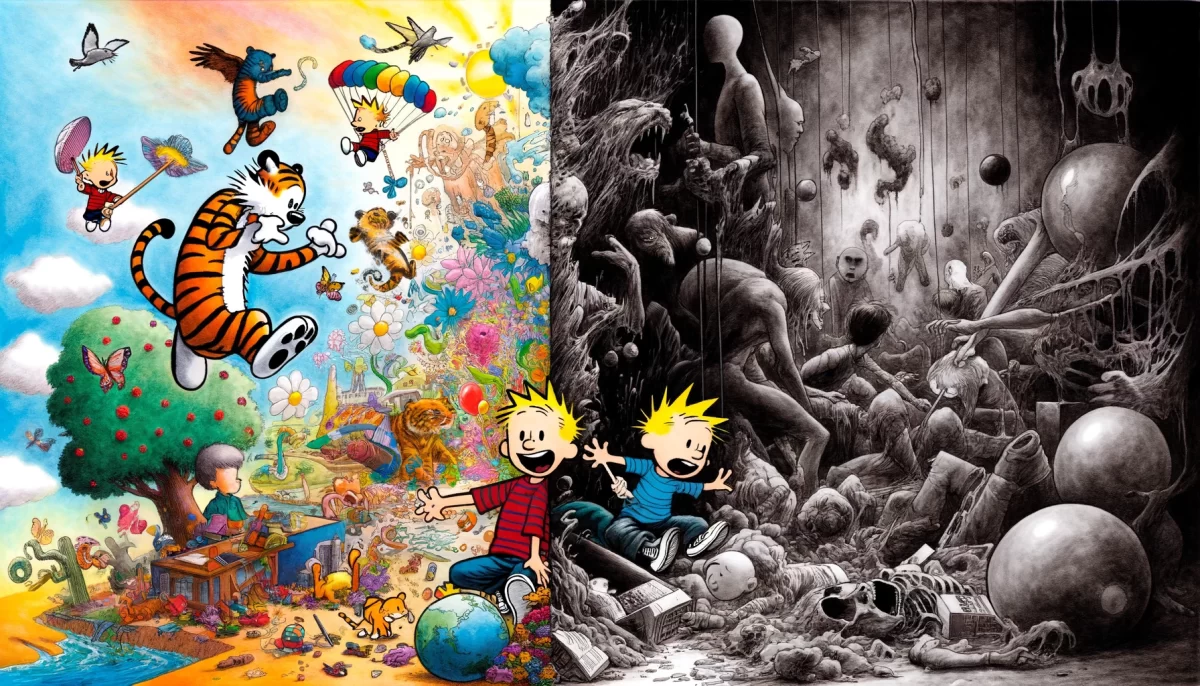
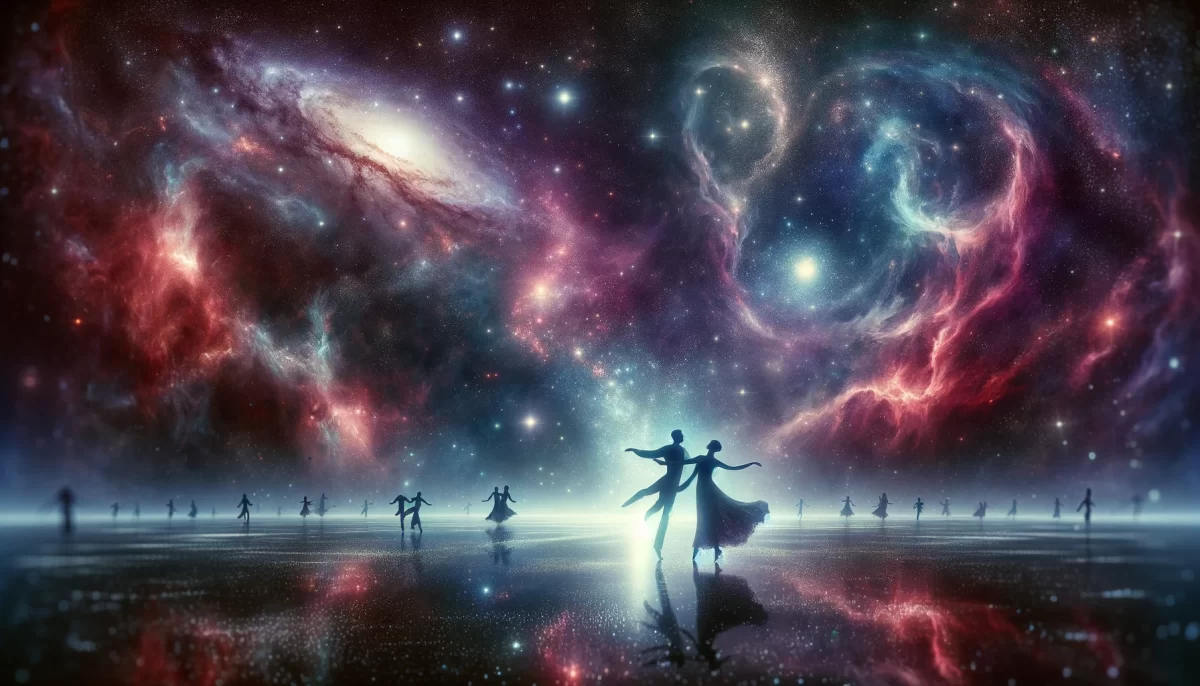

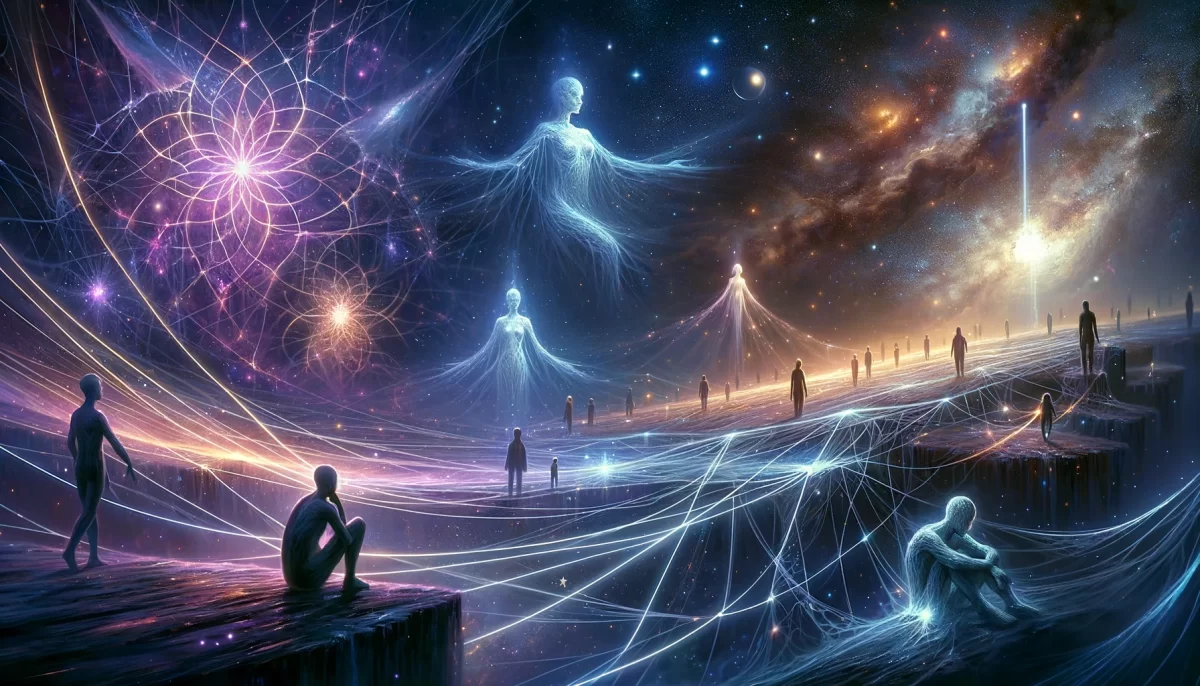



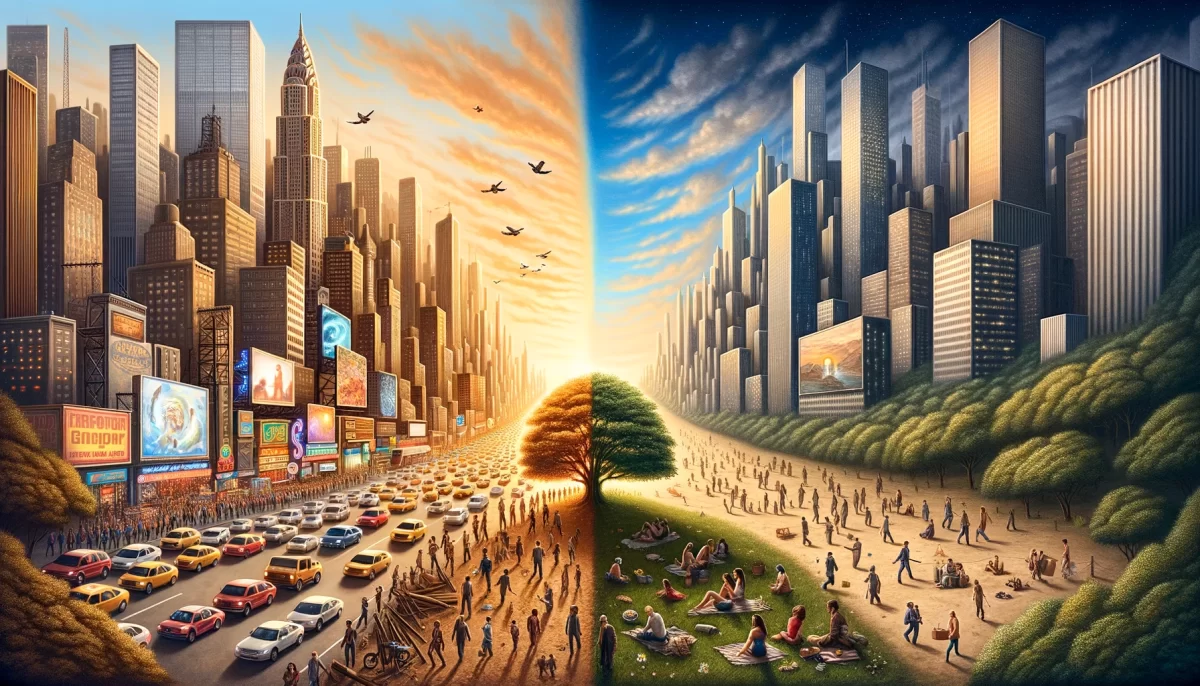


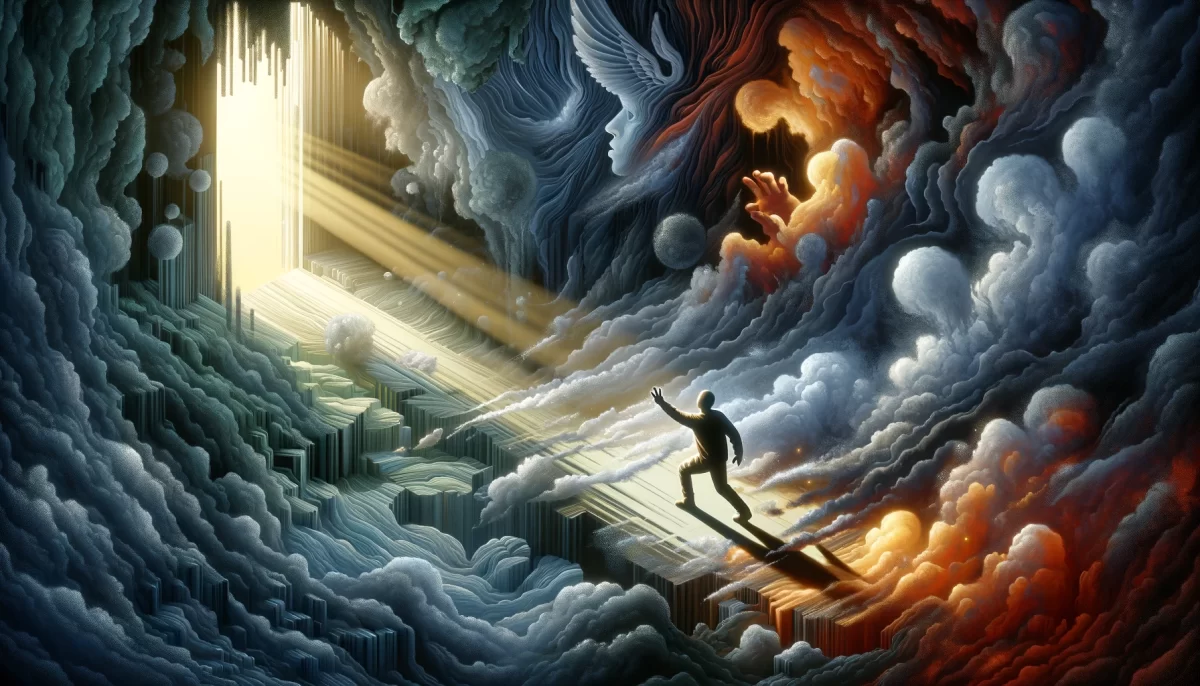
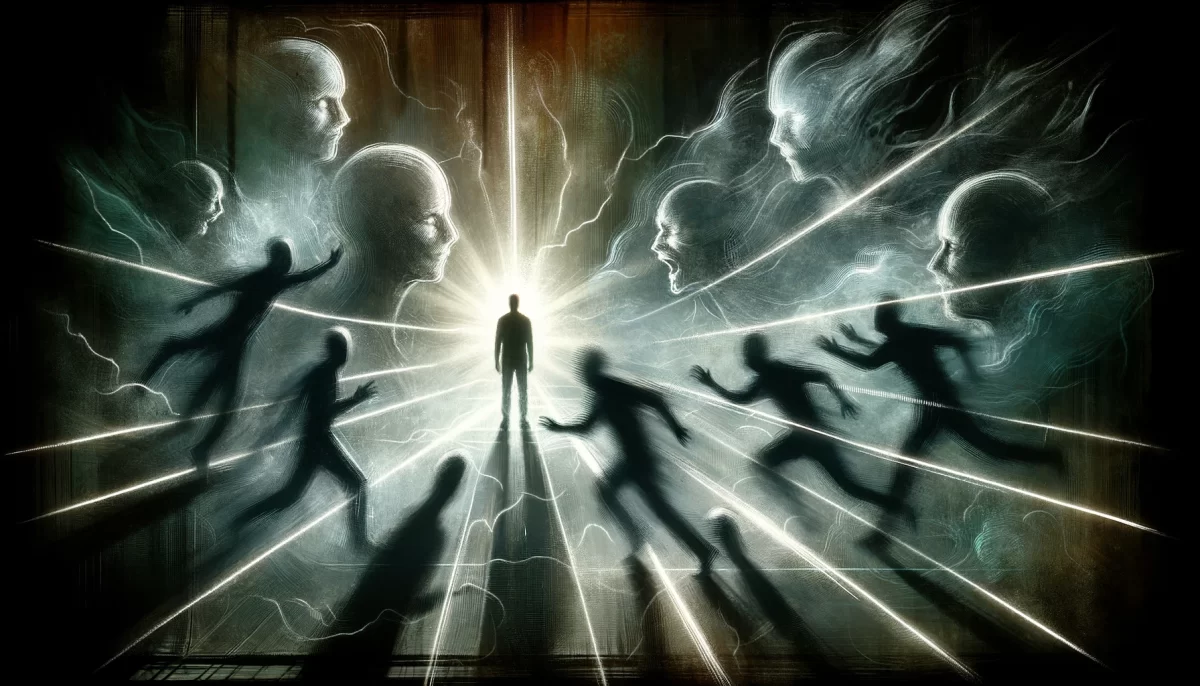


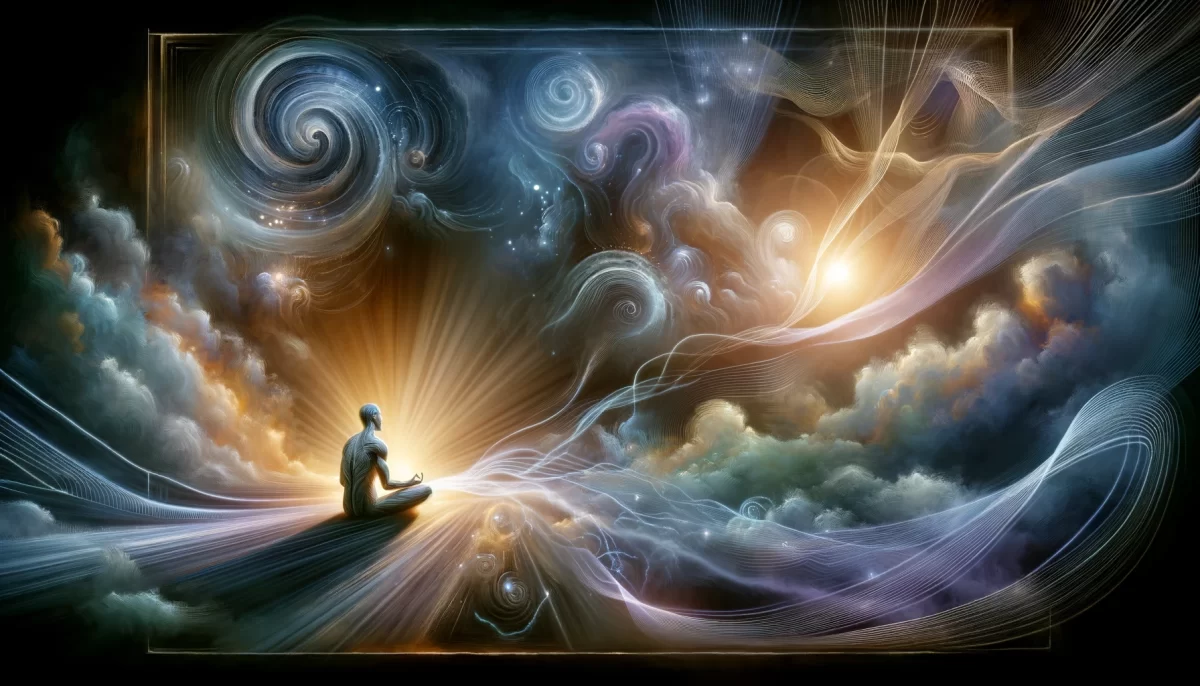


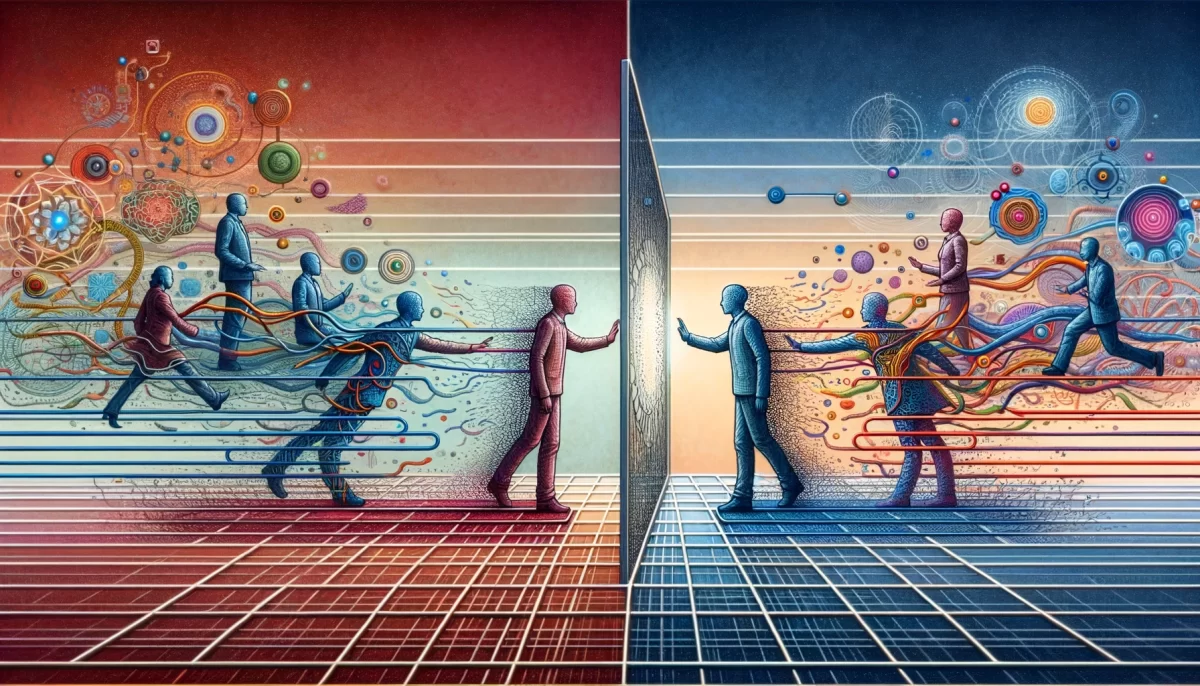

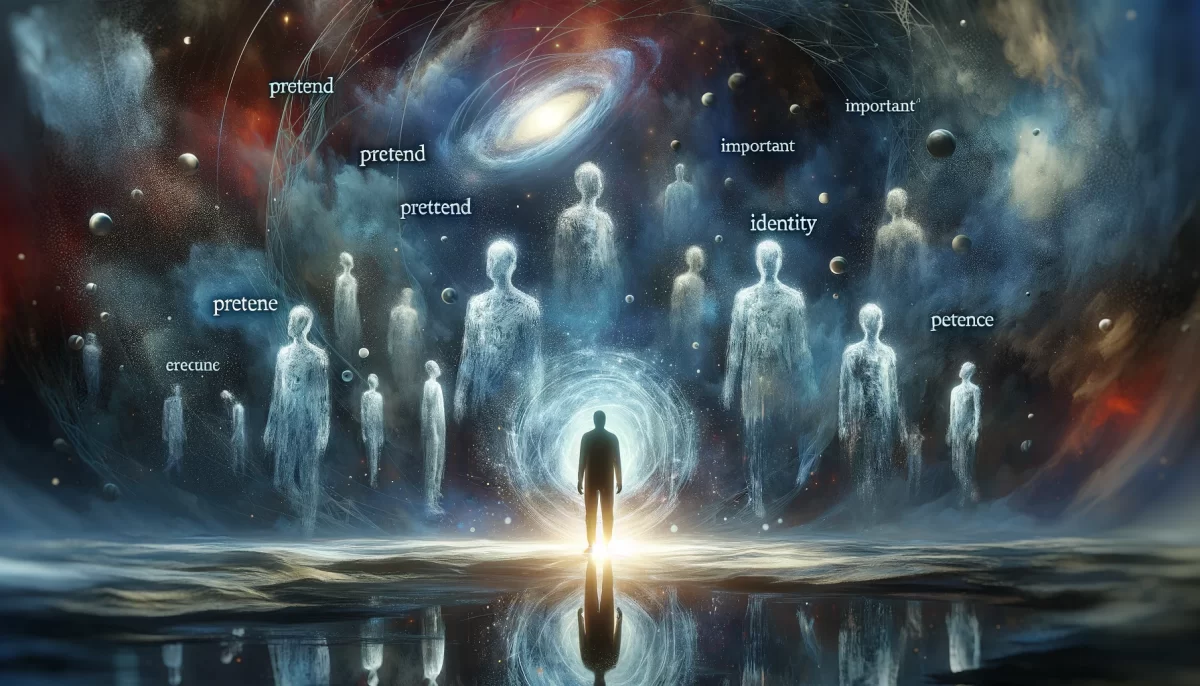
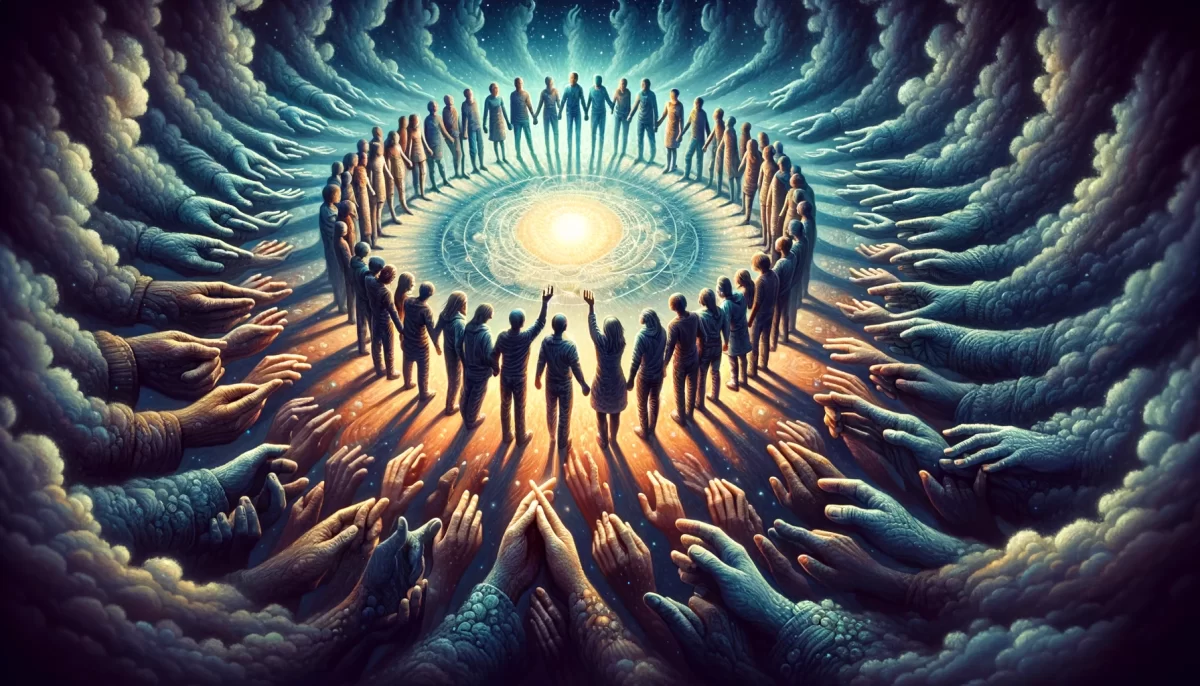

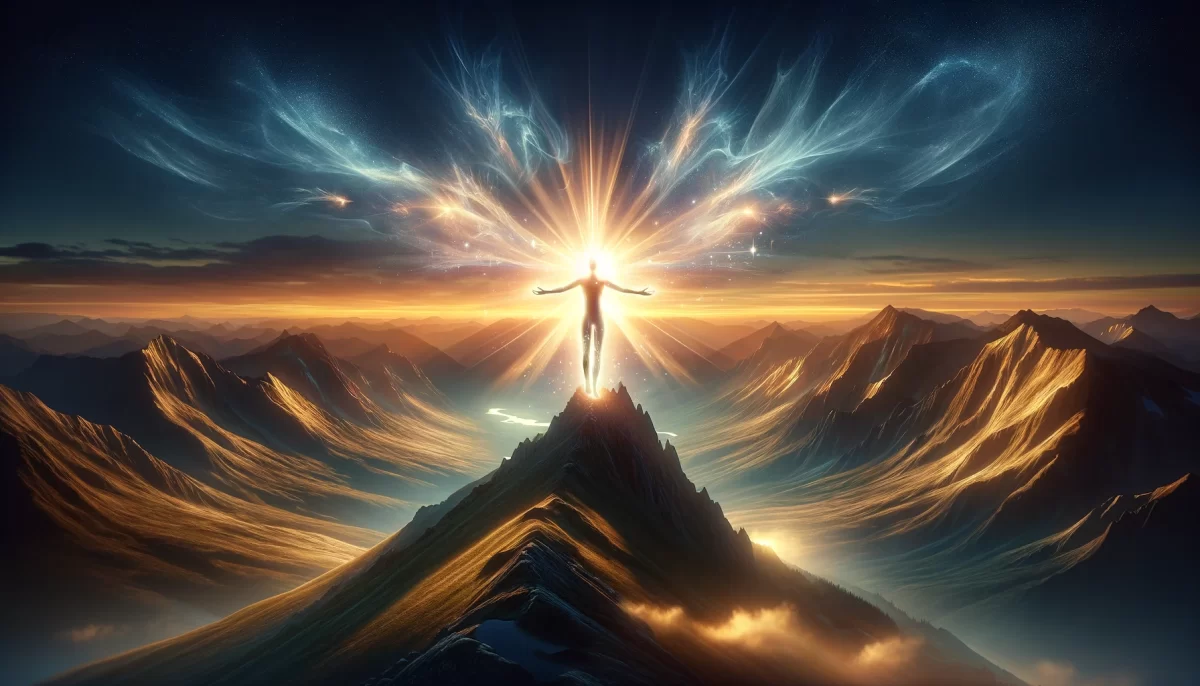


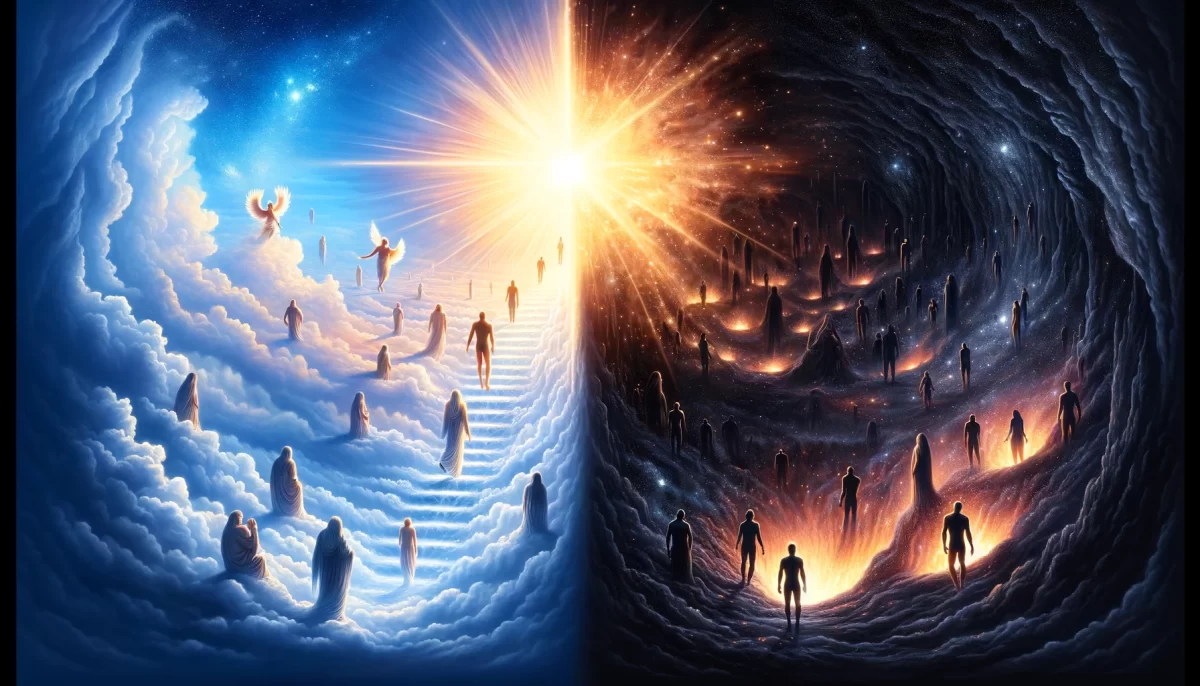

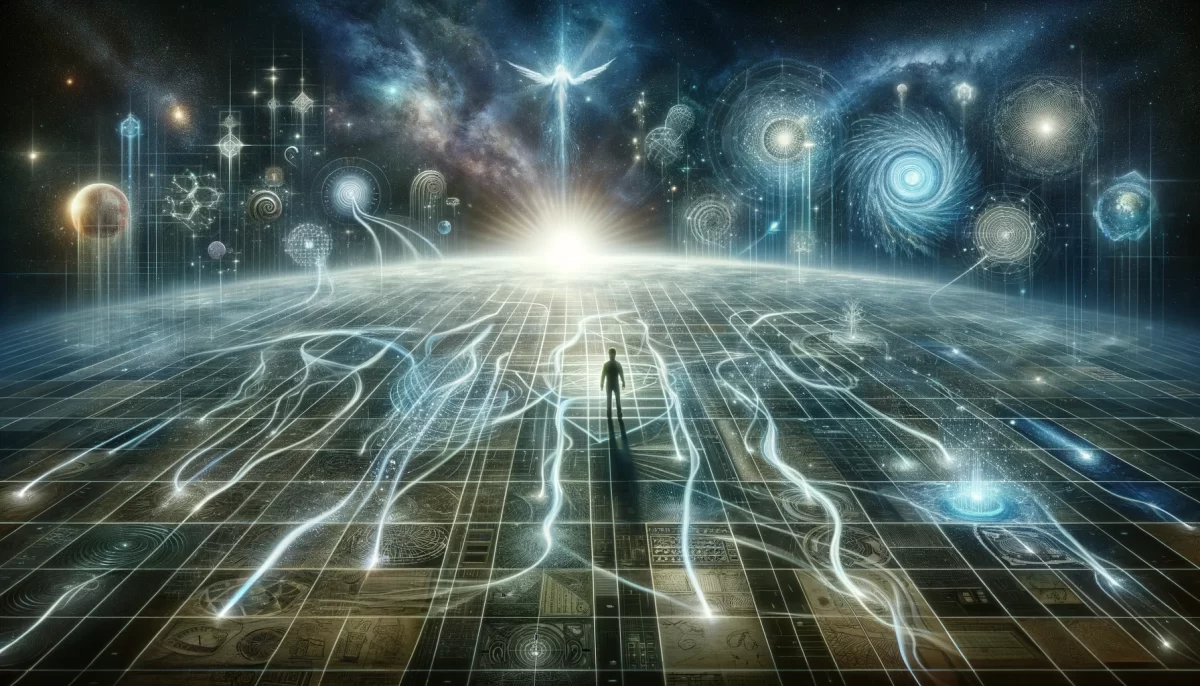


Leave a Reply